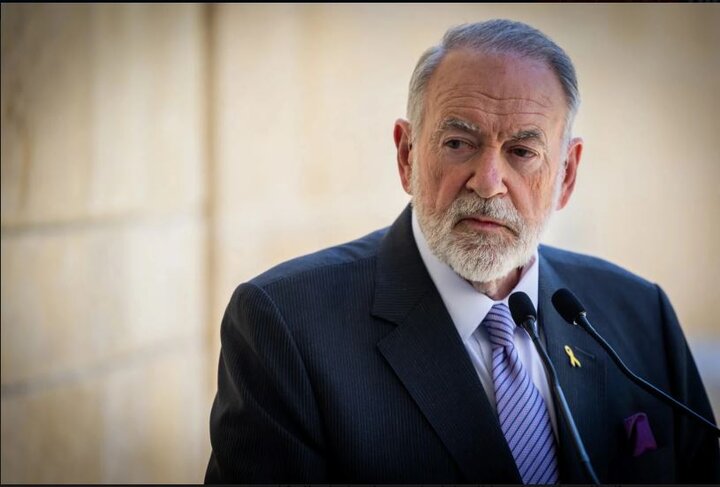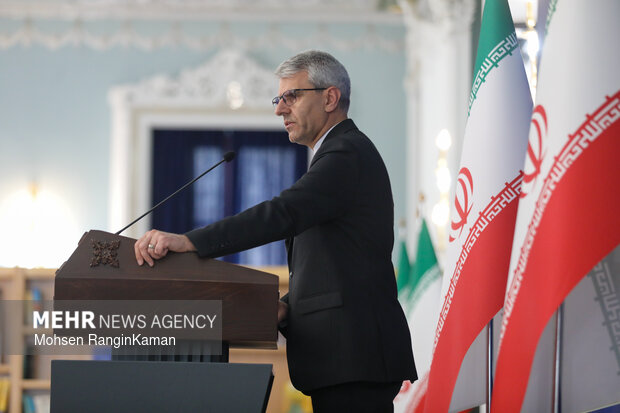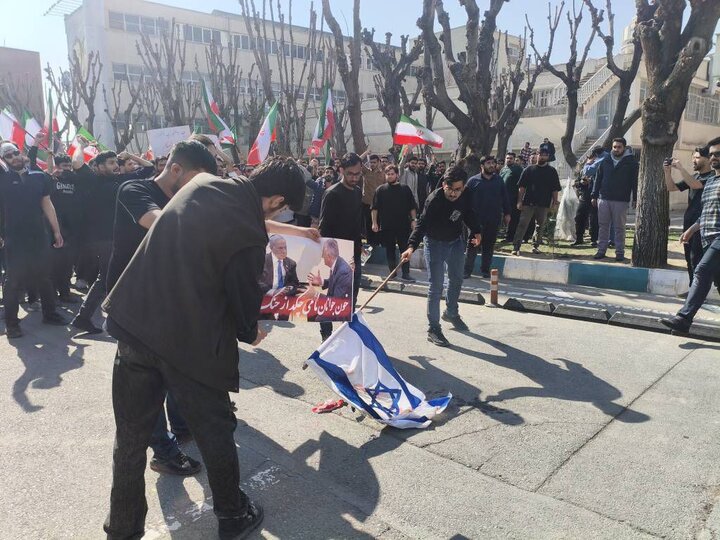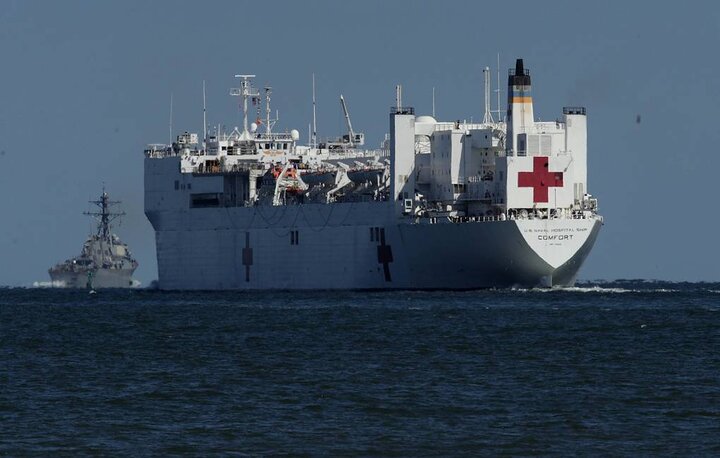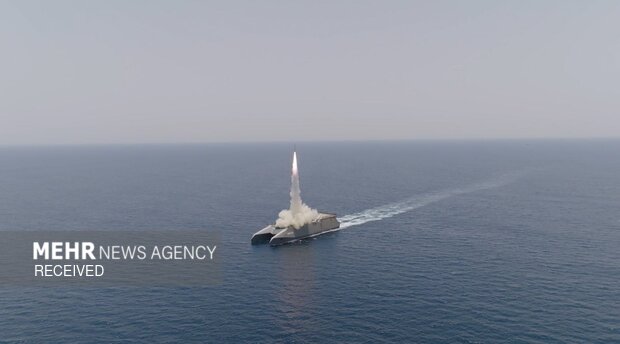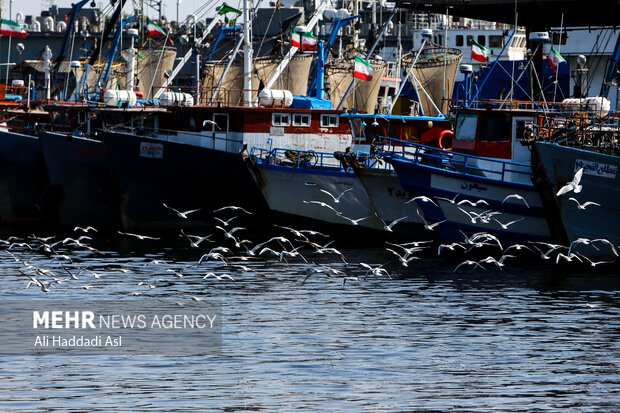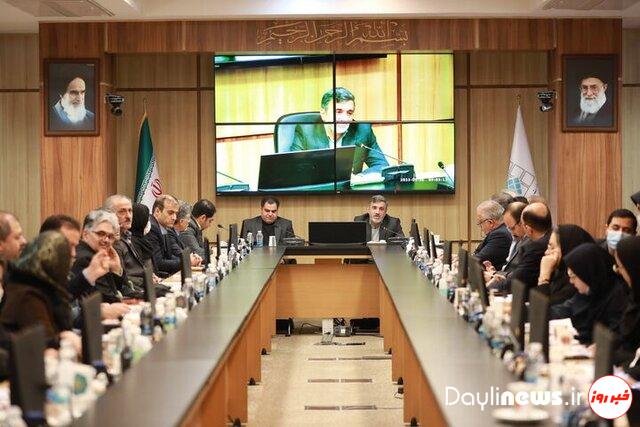
Following the successful completion of National Urban Policy Programme (NUPP) in I.R. Iran, the high-ranking urban policy-makers, academicians, UN-Habitat representatives in Tehran as well as professional bodies in Iran gathered on January 30 at Iran Urban Regeneration Corporation to present the achievements of the first phase of NUPP and to discuss possibility of embarking on the second phase of NUPP in Iran.
During the meeting, Iran Deputy Minister and Managing Director of Urban Regeneration Corporation, Mohammad Aeeni, pointing to the successful implementation of NUPP, said “there are more than 74,000 hectares dilapidated urban areas in Iran in which more than 11.5 million people are living now. These areas have more than 1,420,000 unsustainable houses. So, alongside the informal settlement, we have to highlight dilapidated urban areas in this document”.
I.R. Iran has been one of the three pilot countries in developing the National Urban Policy and Smart City Strategy document and as one of the best cases experienced and delivered through the collaboration between UN-Habitat and the Ministry of Roads and Urban Development (MoRUD).
The NUPP in I.R. Iran started in 2017 and the results were achieved with participation of UN-Habitat headquarters, UN-Habitat Tehran office, MoRUD, related governmental organizations, municipalities, universities, research centers, NGOs, and practitioners.
Generally, according to the UN-Habitat, National Urban Policy (NUP) is understood as “a coherent set of decisions through a deliberate government-led process of coordinating and rallying various actors towards a common vision and goal that will promote more transformative, productive, inclusive and resilient urban development for the long term” (UN-Habitat/Cities Alliance, 2014).
Previously, during the eleventh session of the World Urban Forum (WUF11) in June, 2022 in Katowice, Poland, Iran Minister of Roads and Urban Development met with the Executive Director of the United Nations Human Settlements Programme (UN-Habitat) where they signed a MoU for continuing cooperation between MoRUD and UN-Habitat for implementation of joint programmes.
Currently, other joint projects including ‘Urbanization and Climate Change Adaptation in the Caspian Sea Region’ and also the second phase of implementation of ‘Emergency Support to Safer Hospitals and Settlement’ (BEHTAB II) which, following successful completion of the first phase, aims to establish the foundations toward disaster preparedness and enhanced response capacity associated with natural hazards through retrofitting a public hospital in Iran as a pilot case.
End Item
Follow us on Twitter @DayliNews_ir
